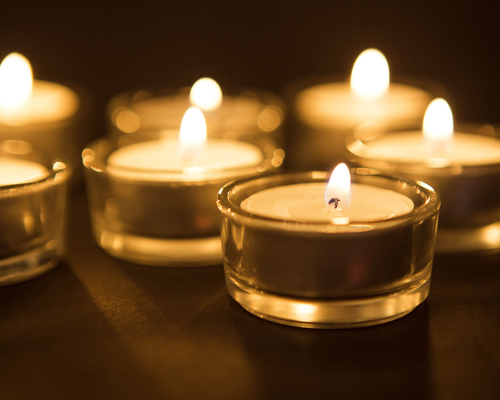Sadly, we find ourselves once again coping with psychological trauma in the aftermath of violence. The quiet town of Sutherland Springs, Texas joins a grim club that no one wants to be part of: Communities that have suffered mass casualties from shootings. Nearly 4% of this town was killed in Sunday’s church shooting. We’ve seen far too many of these sad events, most recently Las Vegas. Before that, we also experienced the Pulse Nightclub, Sandy Hook, Virginia Tech, Aurora, and too many more events to list. This violence happens in workplaces, at entertainment venues, in schools and universities, and countless other everyday places. We weep, we mourn and we grieve with numbing frequency.
Our hearts go out to the people in the Sutherland Springs community, who suffered grievous losses and who face a difficult recovery. To glimpse what this recovery entails, see Seth J. Gillihan’s article 21 Common Reactions to Trauma in Psychology Today. We are also updating and re-posting response and recovery advice that we’ve posted previously. And, sadly, all too often:
Psychological trauma and its effects
Human-triggered disasters are particularly difficult to cope with and recover from. Although everyone is disturbed by such terrible set of events, some may feel and react to the news more intensely than others. Reactions can become more intense as details emerge about the attack and we learn more about the personal stories of victims.
As memorials occur, we are exposed to the grief and raw reactions of survivors and mourning families. Events become more personal. Some of the people for whom this might trigger a heightened level of grief, stress and anxiety include:
People who were involved in the event – Church survivors, first responders and those who suffered the death of a loved one in the event.
Those who have a direct connection to the events – This would encompass townspeople and neighbors, and could also extend to any who have some personal association with the church or the town.
People who have been a victim of violence themselves – This might encompass people who were prior victims of violence or assault and people who lost loved ones to random violence. The events might rekindle memories, grief, loss, fear and heightened anxiety.
Those suffering from Post Traumatic Stress Disorder (PTSD) – This might include victims of 9/11, survivors of other shootings, veterans, or many others who experienced trauma and are not able to get beyond it. The events might trigger heightened memories, fear, anxiety, anger, stress, and disruption of eating or sleeping habits, among other things.
Children and young people – Violent events can be particularly frightening to children. The sudden and random nature of events may be terribly upsetting and threaten a child’s sense of security. Children may also be intensely fearful of their own safety or the safety of loved ones.
Responding to events
Be sensitive to others and how they experience events. People handle stress and grief differently, and we don’t always know what experiences others have had that might intensify a reaction. While some may hear such news and move on, others need time to process and react. Don’t assume everyone feels things the same way that you do. Be sensitive to those around you and let them express their feelings.
Limit exposure to gruesome details in the news. The 24-hour nature of the Internet and cable news means that we are bombarded with nonstop news and images of a disastrous event. This continual exposure exacerbates anxiety and fear, particularly for children. Because of this, it is good to limit exposure to the news.
Take positive action. When violent events occur, it shakes our faith and trust in our fellow man. Counter these feeling by spending time with family and friends. It also helps to take actions to reduce the feelings of helplessness that many experience. Help others, give blood.and organize or take part in a memorial activity. Other possible actions include writing sympathy letters, making donations to the community, and volunteering in local communities.
Consider counseling. If you or somebody else is having a particularly hard time coping with these events, counseling with a professional may be in order. Signs that you or a loved one need help getting past this might include sleeplessness, heightened anxiety and preoccupation with details of events.
Tools & Resources on Workplace Violence
First Responders – Stress & Grief in the Aftermath of Crises
Supervisor’s Guide to Dealing with a Grieving Employee
Surviving an Active Shooter Event: Run, Hide, Fight
Planning terminations that involve potentially violent employees
Tips from an Expert: Warning Signs of Workplace Violence

